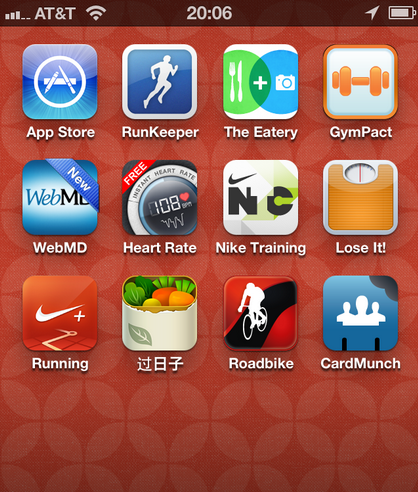Every Friday, find five quick links about compelling technologies, emerging trends, and interesting ideas. Source: the internet.
- Google celebrated I/O by dialing up the design, it seems. There are some sexy, new fast actions in Gmail and a flat, card-based Google+ re-launch that shows they’ve been doing plenty of pinning over in Mountain View.
- David Carr on Snooping and the News Media: It’s a 2-Way Street. Best line about digital trails: “The absence of friction has led to a culture of transgression. Clearly, if it can be known, it will be known.”
- Twitter buys some visualization skills so we have more ways to make sense of all those tweets.
- Quartz takes a look at why iPhones still have the lion’s share of mobile data activity. “So while it is true that Android phones vastly outsell iPhones, Apple users seem to be getting a lot more out of their devices. For now, at least.”
- There’s a lot of crisp thinking and beautiful writing going on in this elegant longform piece on MOOCs, Harvard, and higher education by Nathan Heller in The New Yorker.

